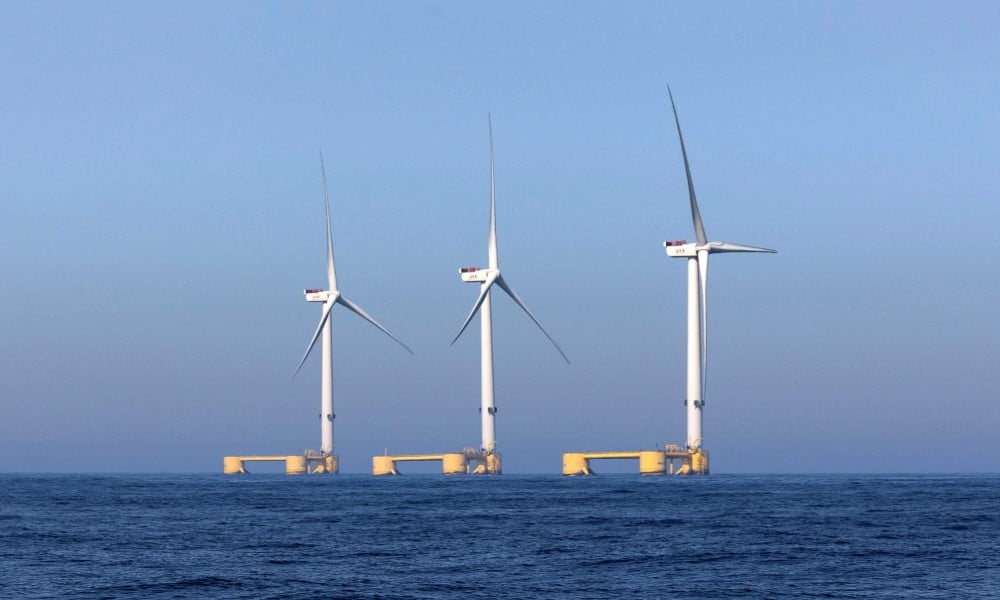EDF, Ocean Winds-led consortiums win French floating wind
France Advances Floating Offshore Wind Projects

The French Ministry of Industry and Energy has made a significant move towards renewable energy by selecting two partnerships to develop floating offshore wind farms in the Mediterranean. EDF Renewables in collaboration with Maple Power, and Ocean Winds partnered with Banque des Territoires, will each build and operate a 250 MW floating wind farm. This decision follows the sixth offshore wind tender issued by the French government, aimed at boosting the country’s renewable energy capacity. With a growing emphasis on sustainability, these projects represent a crucial step in France’s commitment to clean energy and environmental responsibility.
Details of the Selected Projects
Both floating wind farms will be strategically located 25 kilometers off the Mediterranean coast. Each farm will have a capacity of approximately 250 MW, which is expected to generate enough electricity to meet the annual consumption needs of around 500,000 people. Collectively, these projects will produce about 1 terawatt-hour (TWh) of clean electricity each year. This output is a significant contribution to France’s renewable energy goals and aligns with the country’s broader strategy to reduce carbon emissions.
French Navy ship hits surface drone menacing a tanker in the Red Sea
The partnership between EDF Renewables and Maple Power has been awarded the site in the Golfe de Fos area, near Fos-sur-Mer. Meanwhile, Ocean Winds, a joint venture between EDP Renewables and Engie, along with Banque des Territoires, will develop the site located in the Narbonaise area, which lies between Agde and Port-la-Nouvelle. These locations were chosen as part of a competitive tender process that saw 12 bidders vying for two available sites in the Mediterranean, both designated for floating wind technology.
Commitment to Sustainability and Local Economy
In addition to generating clean energy, the selected partnerships have committed to sustainable practices throughout the lifecycle of the wind farms. They have agreed to recycle wind turbines, including their blades and magnets, which is a crucial step in minimizing waste and promoting a circular economy. Furthermore, the partnerships have pledged to engage small and medium enterprises (SMEs) for at least 10% of the work related to studies, manufacturing components, and operational activities. This commitment not only supports local businesses but also fosters economic growth in the region.
The Occitanie Floating Wind Turbines project, also known as EFLO, is expected to create approximately 5 million hours of work during its development and construction phases. This will lead to the creation of permanent maintenance jobs once the wind farms become operational. The partnerships have also signed the “Commitment Charter to Contribute to the Regional Structuring of a French Industrial Sector,” collaborating with six French regional clusters. This initiative aims to strengthen the local industrial base and enhance the overall capacity of the French renewable energy sector.
